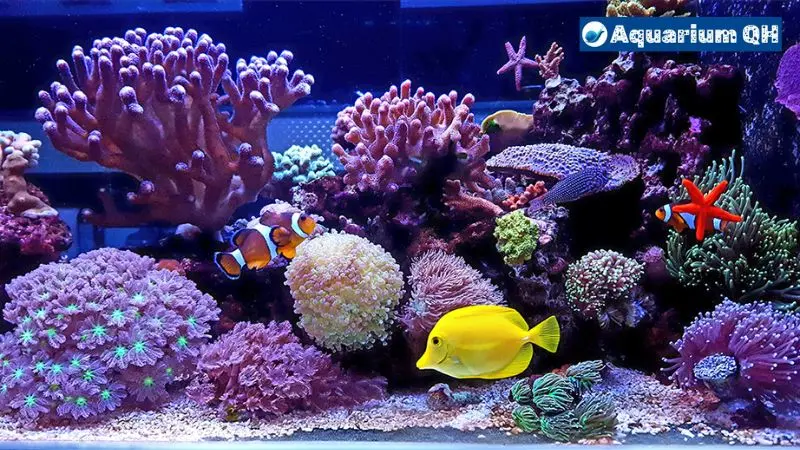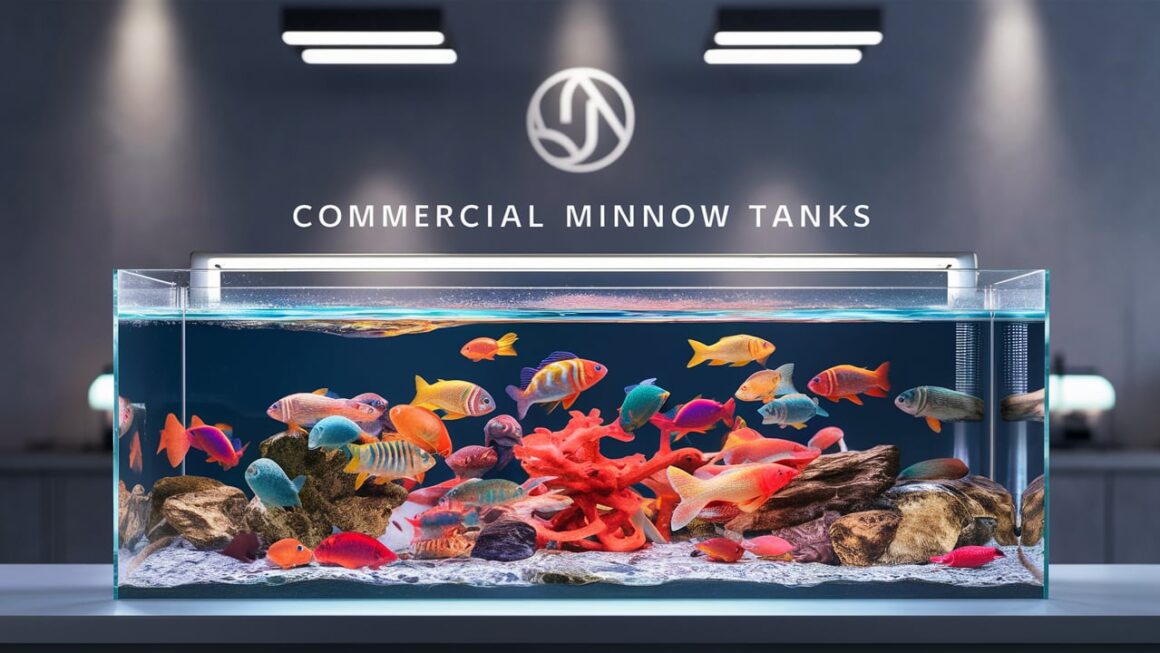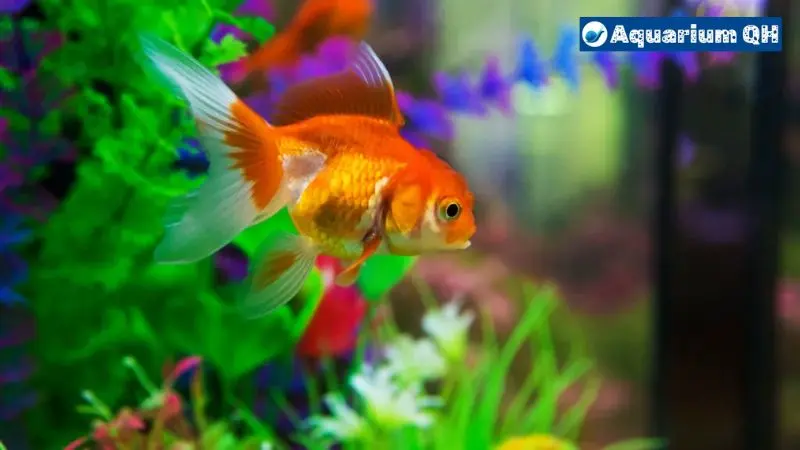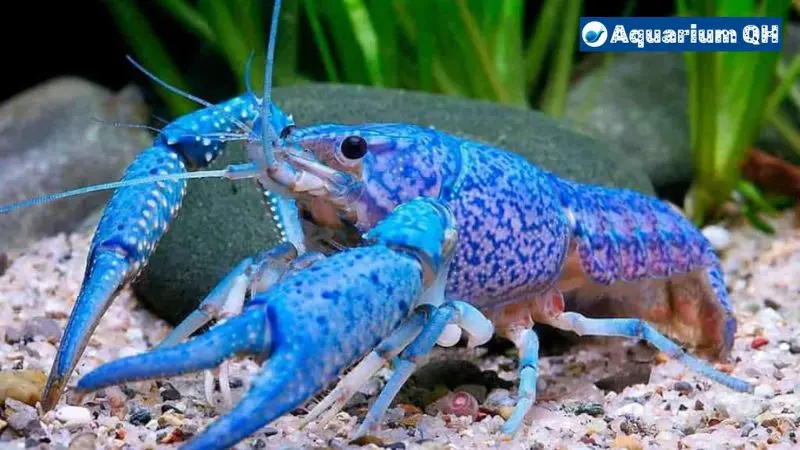Understanding The Difference Between Sea Salt And Aquarium Salt
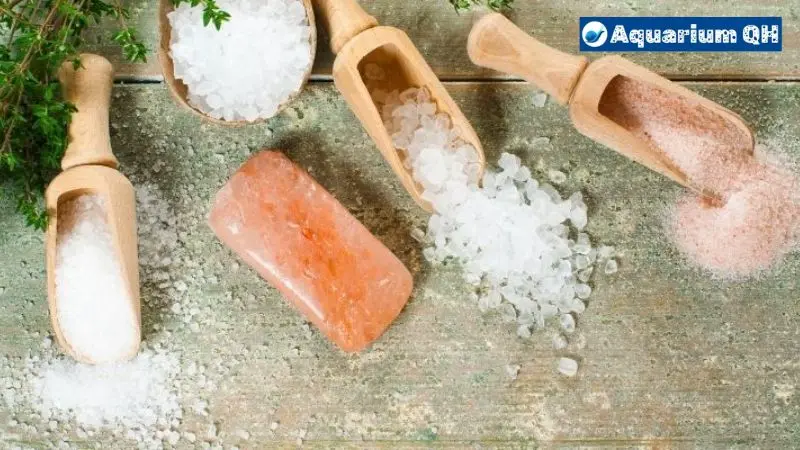
Can i use sea salt instead of aquarium salt? Understanding the difference between sea salt and aquarium salt is crucial when considering using one in place of the other. Sea salt, as its name suggests, is derived from evaporated seawater and contains various minerals and elements that are beneficial for marine life. On the other hand, aquarium salt is a specially formulated mix of sodium chloride designed to mimic the natural environment of freshwater or saltwater fish.
While sea salt may seem like a natural alternative to aquarium salt, it can contain impurities or additives that may harm delicate aquatic species. It is important to note that not all sea salts are suitable for use in aquariums, as some may contain harmful chemicals or contaminants. Therefore, it is recommended to use specifically formulated aquarium salt for maintaining a healthy aquatic environment.
Factors To Consider When Substituting Sea Salt For Aquarium Salt
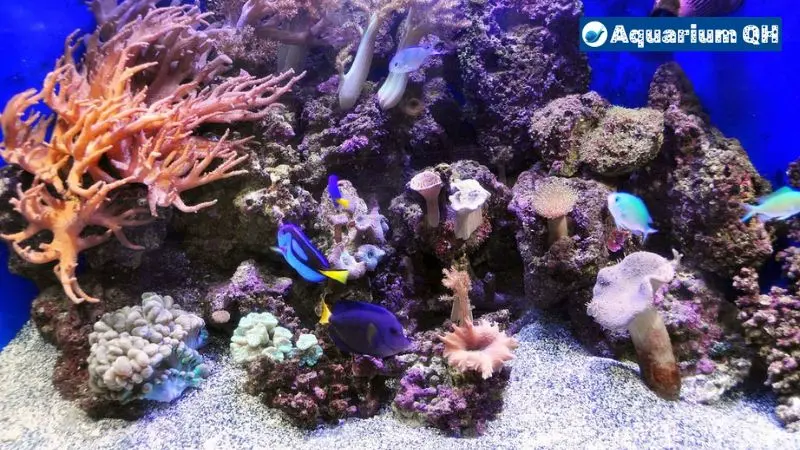
When considering substituting sea salt for aquarium salt, there are several factors to take into account. First and foremost, it is crucial to ensure that the sea salt being used is free from additives such as iodine or anti-caking agents, as these can be harmful to aquatic life. Additionally, the mineral composition of sea salt may vary significantly from that of aquarium salt, potentially impacting the pH levels and overall water chemistry of the tank.
It is important to research and understand these differences before making the switch. Furthermore, some marine organisms may be more sensitive to changes in water parameters than others, so it is advisable to monitor their behavior closely after introducing sea salt to ensure their well-being. Ultimately, careful consideration and observation are key when deciding whether or not to use sea salt instead of aquarium salt in your tank.
Potential Risks Of Using Sea Salt In Place Of Aquarium Salt
Using sea salt instead of aquarium salt can pose potential risks to your aquarium and its inhabitants. Sea salt may contain impurities or additives that could harm your fish, plants, and other aquatic life. These impurities can disrupt the delicate balance of your aquarium’s ecosystem and lead to health problems for your aquatic pets. Additionally, sea salt may not provide the necessary minerals and elements that are specifically formulated in aquarium salt to support the well-being of your fish and plants.
This could result in deficiencies that could weaken their immune systems or hinder their growth and development. To ensure the health and safety of your aquarium inhabitants, it is recommended to use aquarium salt specifically designed for use in freshwater or marine tanks.
Conclusion: Can You Safely Use Sea Salt Instead Of Aquarium Salt?
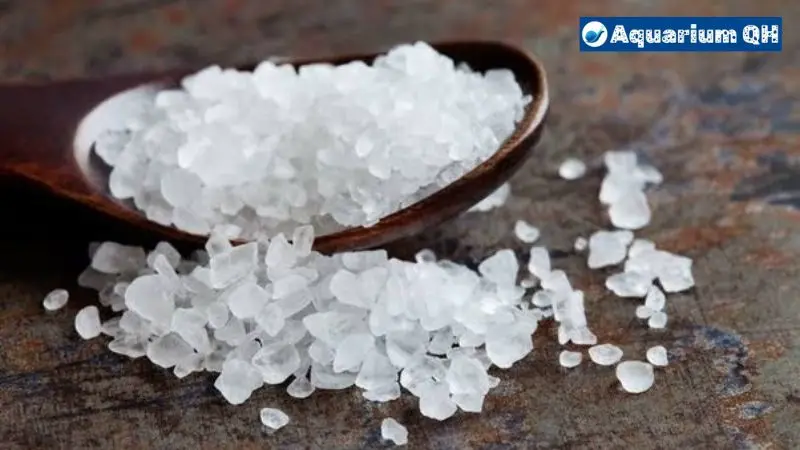
In conclusion, while sea salt may seem like a natural alternative to aquarium salt, it is not recommended for use in your aquarium. Sea salt contains a variety of minerals and elements that can be harmful to the delicate balance of your aquarium ecosystem. Aquarium salt, on the other hand, is specifically formulated to provide essential electrolytes and minerals needed for the health and well-being of your fish.
Using sea salt instead of aquarium salt could potentially disrupt the osmoregulation process in your fish, leading to stress and ultimately health problems. To ensure the best environment for your aquatic pets, it is important to follow proper care guidelines and use products specifically designed for use in aquariums. Please continue to follow Aquarium to find out interesting information

